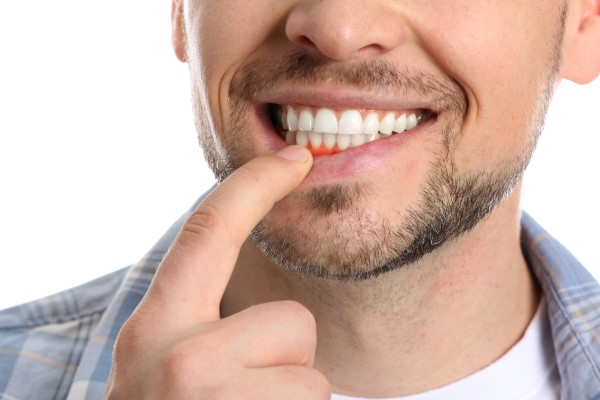 Most general dentists agree that having a broken tooth is more serious than it gets credit for. It is easy to overlook damage, especially if no pain is associated with it or the damage is not visible. However, leaving a damaged tooth untreated can result in serious consequences. This article will discuss four ways our general dentist can repair a broken tooth to decrease oral health risks, pain, and sensitivity, as well as help restore your full-functioning smile.
Most general dentists agree that having a broken tooth is more serious than it gets credit for. It is easy to overlook damage, especially if no pain is associated with it or the damage is not visible. However, leaving a damaged tooth untreated can result in serious consequences. This article will discuss four ways our general dentist can repair a broken tooth to decrease oral health risks, pain, and sensitivity, as well as help restore your full-functioning smile.
Restoring broken teeth
Types of broken teeth
Three types of broken teeth, some more obvious than others, include chipped, cracked, or split teeth. A chipped tooth occurs when a chip is on the tooth’s surface. Often, patients chip their teeth without realizing it because there may be no pain associated with it. A cracked tooth refers to a fracture in any part of the tooth’s structure, including the enamel, dentin, or pulp chamber, that results in an opening through which bacteria can enter and cause infection. Finally, a split tooth is one in which the outer layer of enamel separates from the inner core of dentin but does not completely detach from it.
Fillings
The general dentist typically uses fillings for those who recently received cavity treatment. A cavity occurs when sugars eat away at the patient’s enamel, creating a small hole in a tooth. This creates a higher risk of pain, sensitivity, and the probability of the pulp chamber (the inner layer where nerves reside) being compromised. The dentist will fill the hole with composite, porcelain, or metal material to restore the tooth’s appearance and functionality.
Crowns
The general dentist will place a crown (cap) over a tooth to restore its shape, size, and strength. Crowns protect teeth from further damage and restore broken teeth. The dentist will most likely recommend a crown for one who has broken their front tooth.
A dental crown can consist of porcelain, porcelain-fused-to-metal (PFM), or composite materials. While all three materials provide a durable and natural-looking finish, PFM crowns are more resistant to fracture due to the additional strength from metal in the structure.
To complete this procedure successfully, it will take two appointments. A technician crafts the crown in an offsite lab and returns to the office. While the patient waits for their crown, the dentist will fit them with a temporary crown to prevent further damage and sensitivity.
Bonding
The general dentist will use bonding to repair chips and cracks. Dental bonding is a procedure that uses composite resin to easily and quickly restore the damage that has not gone too deep into the tooth’s structure. They can also use bonding to close gaps between teeth. The procedure duration will vary depending on the size of the break and the number of teeth that need treatment. However, most procedures finish within an hour.
Root Canal
If the broken tooth has affected the pulp chamber, the general dentist will perform a root canal to save its natural structure. In this procedure, the dentist will remove all of the nerve tissue and bacteria inside the tooth and then fill the newly empty space with an inert material called gutta-percha. Finally, they will seal it off before recommending another restorative procedure, like a protective crown.
Repair your tooth today
If you believe you have broken your tooth, do not delay treatment. Contact us today. We will schedule you an appointment with our general dentist to help restore your smile in a breeze.
Request an appointment or call SoCal Smile Care at 310-856-9321 for an appointment in our Carson office.
Related Posts
Even though dentistry consists of many different services, you might be surprised to learn that many of them are performed by a general dentist. While certain specialists handle certain procedures, a regular dentist takes care of many of the more common or popular services.We have put together our list of the top 5 services offered…
Though we go to our general dentist all the time, one thing that not everyone considers is the fact that the dentist is the one that handles most of our oral health issues. How is it that one dentist is responsible for treating and diagnosing so many of our problems without the help of specialists…
Besides ourselves, one other person plays a highly important role in maintaining our oral health, our general dentist. You see, the dentist is responsible for much of the work that goes into our mouths, and without them, most of us would be at a loss as to what to do to protect our teeth, tongue,…






